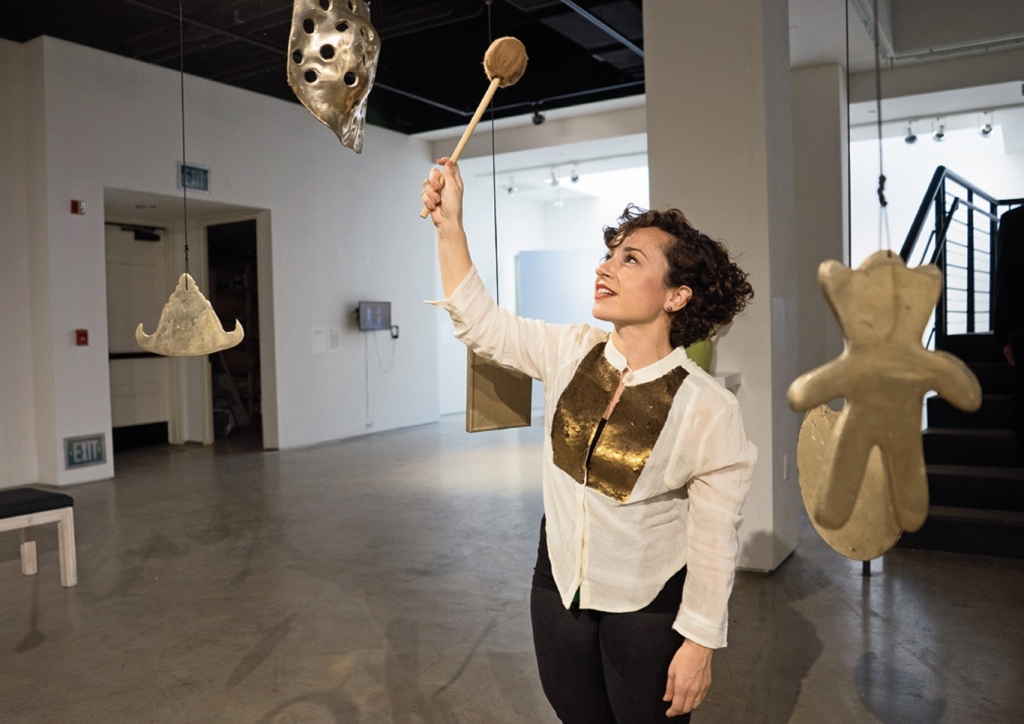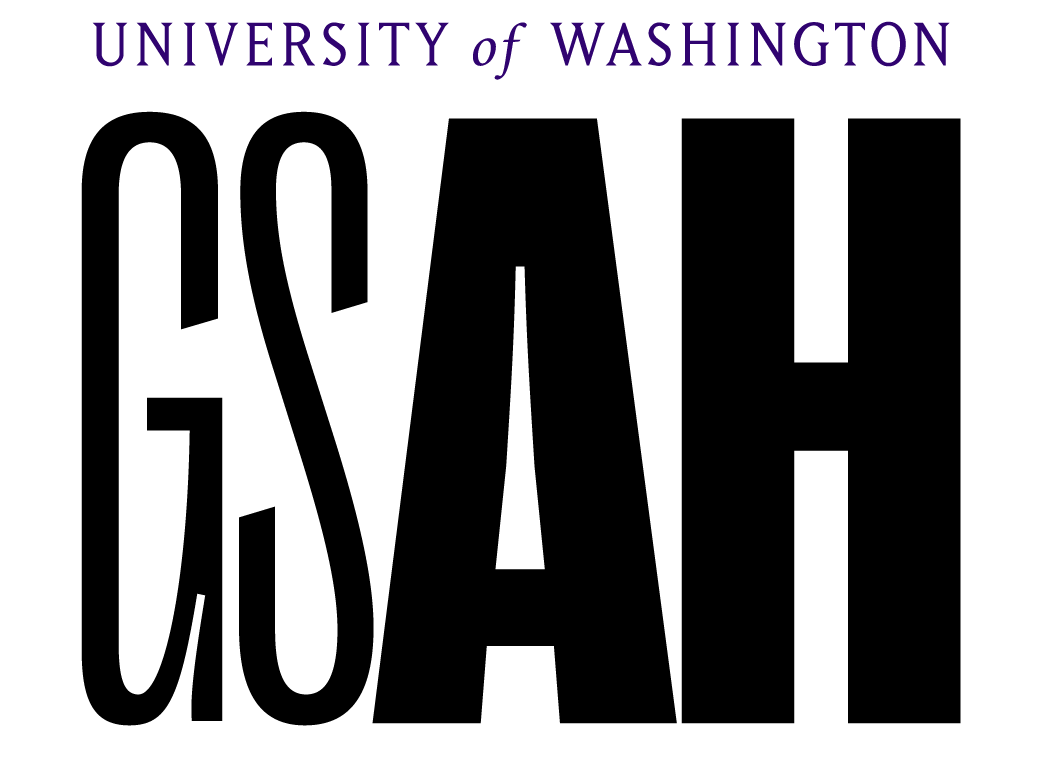2023-2024
Dismantling the Canon received a Graduate Research Cluster Award from the Simpson Center for the Humanities to develop reading group activities for 2023-2024, focusing on the cross-roads between Art History and public facing scholarship. See the Simpson Center for the Humanities’ announcement.
Academic writing plays a vital role in scholarly communication, but it has limitations. Its technical jargon, dense prose, and limited address to a narrow audience can make it inaccessible to the general public, limiting its impact and relevance. While the content of academic writing spans time periods, methodologies, and areas of focus, art historical writing is often narrated in a uniform style that reflects the issues of academic writing style.
As art history as a field continues to evolve and expand, it is becoming increasingly important to critically examine the ways in which it is taught, researched, and written about. With the rise of new technologies and interdisciplinary approaches, there is a growing need to reevaluate the traditional methods and assumptions of the discipline. Writing, as a primary way of communicating critical findings in the field, needs to be re-evaluated to address the issues that the field is attempting to engage and to welcome a broader readership into the discourse.
The most acceptable ways of writing within art history are heavily influenced by French poststructuralism, Frankfurt School theory, and the journal October, which became the standard approaches to narrating the histories, theories, and criticisms of art. This uniformity in language and approach reflects the academic and professional standards and precedents upon which most academic writing is based. However, it can also make academic institutions and their communication inaccessible to those outside select fields.
2022-2023
Dismantling the Canon received a Graduate Research Cluster Award from the Simpson Center for the Humanities to develop reading group activities for 2022-2023, focusing on the cross-roads between Art History and craft. See the Simpson Center for the Humanities’ announcement.

“Craft” has implied an inferior and marginal categorization in art history distinct from “High Art” created by the “artist genius.” This distinction very clearly highlights the field of art history’s Euro-American roots and its enmeshment with power and privilege. This hegemonic classificatory system has also meant that those whose works have been and are still treated within the context of the “crafts” label fall conspicuously upon gendered, classed, and racialized lines. This label also exposes colonial and neocolonial geopolitics and larger infrastructures and technologies of marginalization and value, such as the biases toward particular media and the dismissal of a variety of identities not privileged with the title of artist and instead given designations like craftsman, amateur, folk artist, or recreational maker. Womxn, queer, people of color, and those lacking socio-economic privilege are usually the ones denied the classification as “artist” or “genius” due to their lack of access to formal artistic training and/or the funds to work in this sphere. Instead, these makers are considered amateurs, even when they sell their products or skills commercially and are deeply knowledgeable about their art practices. At times, these artists have been recognized but with problematic assumptions and interpretations from the cis, white, able bodied, male art-world insiders who “discover” them. Though certainly applicable to artists in the United States and North America, this marginalization especially applies to art history’s reception of non-Western artists, commonly seen in the ways museums segregate whole cultures, rather than integrate them into their dominant display of Euro-centric art history, and minimize the importance of other media based on Western prioritization of oil painting and sculpture, despite that culture’s value and context of these objects.
Defining this distinction of craft is less important than finding new ways to discuss and elevate it, along with the marginalized communities who create these works. Labels and categories were once fundamental to the field of art history, but in contemporary practice, they create unnecessary limits and boundaries. As a group, we want to look at scholars already modeling inclusive and equitable practices to develop our abilities to discuss these issues as teachers and scholars with an impact wider than our own group. Our goals in focusing on craft are to reassess art history’s prioritization of certain media and identities over others; to improve our understanding of these biases to become better educators; and to articulate the role that visual and material culture has in progressing accessibility agendas in our society.
2021-2022
Dismantling the Canon received a Graduate Research Cluster Award from the Simpson Center for the Humanities to develop reading group activities for 2021-2022, focusing on the cross-roads between Art History, Disability Studies, and the Sensorium. See the Simpson Center for the Humanities’ announcement.

The COVID-19 pandemic has highlighted some of the overlooked struggles of the disabled community. Through the collective utility of digital programming, particularly within academic and museum institutions, where many doors are still closed, we have been able to notice the holes in our methods. Dismantling the Canon’s goals in focusing on disability studies are to examine the accessibility of art in classrooms and cultural institutions, reassess art history’s prioritization of the visual through the study of disabled artists and multimedia artistic production, and to articulate the role that visual and material culture has in progressing accessibility agendas in our society. This crucial topic has many facets that would translate well across campus and will give us the opportunity to engage with impactful scholars and artists advocating for accessibility within marginalized communities.
2020-2021
Dismantling the Canon received a funding award from the CSF Intersectionality Seed Grant to develop reading group activities for 2020-2021, focusing on Decolonialism and Decoloniality in the Arts. The grant was also used to build the GSAH website which was designed by UW undergraduate Oliver Norred.
